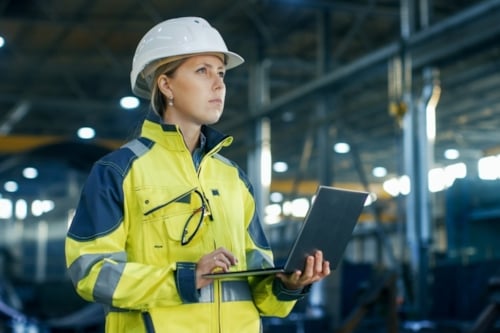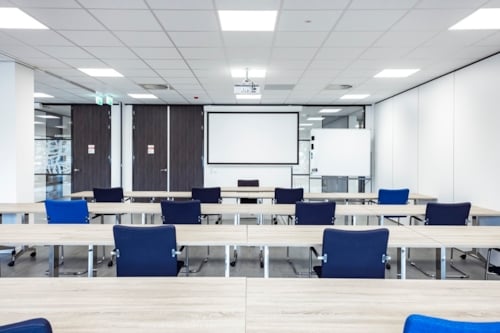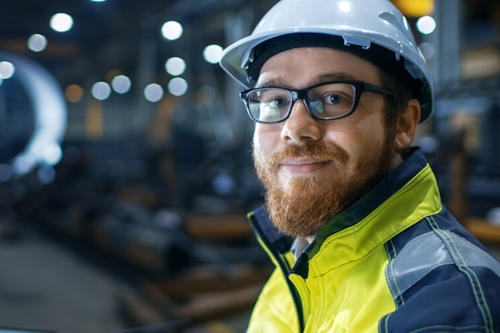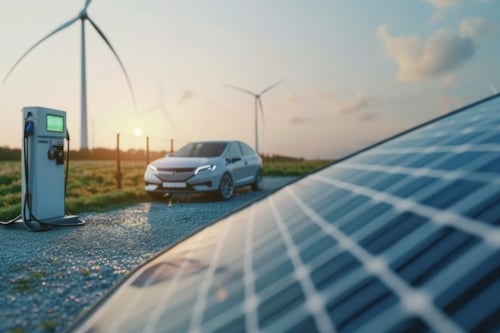Case study: Testing liquid hydrogen systems in demanding applications
This case study highlights the challenges, expertise and detailed process involved in testing liquid hydrogen (LH2, chemically H₂) systems, based on the experience of Kiwa as an independent testing laboratory. To understand what this work entails, this case study takes you through the landscape in which LH₂ technology is developing, the capabilities of Kiwa and the step-by-step testing process that customers can rely on.















